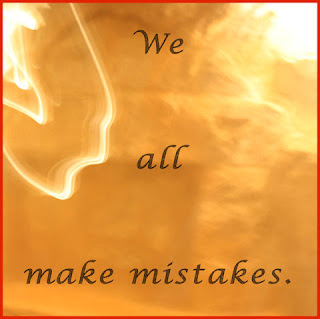I
like to unwind in front of the television before going to bed, and there isn’t
much on at that time of night. So sometime I watch old game shows on Buzzr,
and one of them is Super Password with Bert Convy.
The
other night I caught what I thought was a rather significant error. But before
I go into that, let me explain a bit about how the show works.
There
are a series of puzzles involving five clues each. The contestants play with
celebrity guests, and the initial object is to guess those clues from one-word
hints and then use them to solve the puzzle. The first puzzle is worth $100,
the second $200, and so on until someone reaches $500. The winner of the $200
puzzle gets to play Ca$hword for additional money that they get to keep even if
they don’t win the game. After that, they contestants change celebrity partners
and the game goes on.
So
here’s what I saw the other night. After the $200 puzzle, Bert Convy picked up
the box with the Ca$hword clues, then set it down again and told the contestants
to change partners. The tape never showed them playing Ca$hword, however. Then,
after the commercial, and having changed partners, the male contestant asked if
they weren’t going to play Ca$hword, and Bert said something like, “We just did that.” Nobody said anything else
(at least on the tape), and the game went on with that contestant losing.
The producers of the show weren’t perfect,
and when they made an error that prejudiced a player and couldn’t be fixed
right away, they usually invited that player to return again as a “new” contestant.
I don’t know if that happened here or if the contestant even pressed his
complaint. He might not have won the Ca$hword money anyway and may have felt
that the honor of being on Super Password was enough. I hope he did
press it, though, because the producers would probably have appreciated learning
about it that way rather than having someone else point it out later.
That’s how I feel as a writer. If you are
reading my work and discover an error, please point it out. If I can do
something about it, I will. Or maybe it isn’t wrong at all, in which case bringing
it up will give me a chance to explain it.
But I appreciate knowing even if I can’t do
anything about it. I hired a professional cover designer for my first middle-grade
historical, Desert Jewels, which is about a Japanese girl living in
California at the beginning of World War II. After it was published, a Chinese
friend told me that the girl on the cover was Chinese rather than Japanese. I
take responsibility for the error since I had rejected some cover ideas and
approved this one, and it bothered me more than it did my Chinese friend. But
even though it was too late to change it, I was glad I heard it from her rather
than being blind-sided by someone who was not as kind about it.
If you see an error in a story or a book, don’t
worry about hurting the writer’s feelings.
Better to know sooner than later.










No comments:
Post a Comment